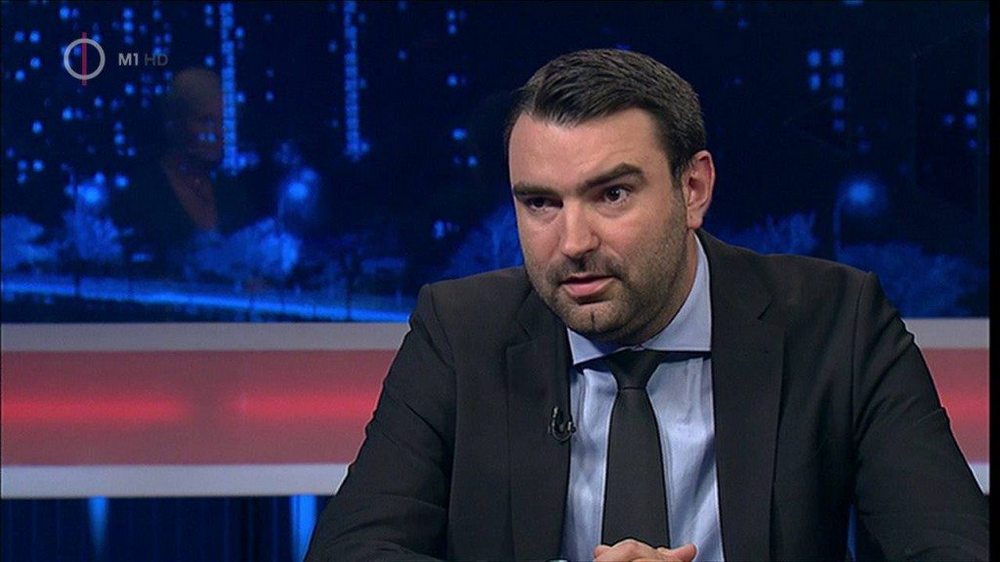With this decision, the Court provided space for the immediate danger of political abuses.
On March 10, 2022, the European Parliament adopted a resolution in connection with foreign interference in the democratic processes of the European Union. According to the decision, foreign interventions seriously violate the universal values and principles that form the basis of the Union, such as the requirement to respect human dignity, freedom, equality, solidarity, human rights and fundamental freedoms, as well as the principle of the rule of law and democracy. Such interventions mislead and deceive citizens, influence their voting behavior and ultimately divide and polarize societies by exploiting their vulnerabilities.
As a consequence of these, intervention attempts distort the integrity of democratic elections and referendums; they undermine confidence in national governments, public sector organizations and the democratic order and destabilize democracy.
The principle statements of the EP decision regarding the effects and consequences of the interventions are undoubtedly correct, nevertheless, the Hungarian government based on national foundations must relentlessly fight the intervention attempts coming from within the EU and the decisions that violate the sovereignty of the member states.
If we examine recent EU decisions, we can come across many situations that directly contradict the provisions of the newly adopted decision.
Non-governmental organizations (NGOs) with the goal of gaining political influence and weakening the framework of the nation-state are increasingly and more openly interfering in democratic processes. As a result of this, the Hungarian government previously decided, in order to guarantee transparency, to impose registration, reporting and publication obligations for certain categories of NGOs that directly or indirectly receive foreign aid exceeding a certain amount. The European Commission has submitted a claim to the Court of Justice of the European Union against Hungary for the establishment of a breach of obligations due to the regulation. In the judgment of the Commission v. Hungary (Transparency of Associations) (C-78/18) announced on June 18, 2020, the Court classified the Hungarian regulation as an unjustified restriction and upheld the European Commission's claim. The judgment should also be evaluated in the light of the fact that several recordings and documents have recently come to light, which clearly prove how NGOs influence journalists and the domestic public opinion, as well as that they create a distorted image of Hungary and about its national government, in which work even the embassies are involved.
Although, according to the Union, the transparency of civil organizations is not considered a legitimate national demand, on November 25, 2021, the Commission presented a package of proposals in the name of transparency, which once again aimed to stealthily violate national sovereignty. The official aim of the commission's package of proposals on the transparency and targeting of political advertising activities is to protect electoral integrity and open democratic debate, but in reality it carries the risk of influencing the national campaigns of the member parties of the European umbrella parties.
Similarly, the withholding of the recovery fund and the decision of the Court of Justice of the European Union regarding the rule of law mechanism are considered open interference in the elections and a violation of the sovereignty of the member states.
The adoption of the Hungarian recovery plan ran into walls after the parliament voted for the child protection law. Paolo Gentiloni, the Economic Policy Commissioner of the EC, made it clear that the reason for the suspension of the recovery fund's resources lies in the Hungarian education regulations, and with this the Commission once again hit our country with sanctions in connection with an issue within the competence of the member states.
The decision of the Court of Justice of the European Union on the rule of law mechanism can be assessed not only as a result of the circumstances of its decision as an open interference in national elections - it took place 46 days before the Hungarian elections, in an accelerated procedure and in an unprecedented way, with a live broadcast - but also because, among other things, because it considered the decree, which ignores the basic principles contained in the basic treaties and contains vague and universally undefinable legal concepts, to be compatible with EU law. With this decision, the Court provided space for the immediate danger of political abuses.
But the visit of the LIBE committee can also be classified as the same intervention, during which - half a year before the Hungarian parliamentary elections - the members of the committee, who repeatedly criticize our country, sit at the negotiating table with the leading politicians of all the opposition parties, after which the head of the delegation, Gwendoline Delbos-Corfield, questions them in advance the purity of the Hungarian elections. Furthermore, the fact that the tender for the creation of national and regional fact-checking centers funded by the European Commission was won by Magyar Jeti Zrt., which also publishes the openly anti-government 444 and Qubit.
In light of all of this, the true significance of the EP's decision would be given if the rules and guidelines set as a goal were recognized as binding by the institutions and officials of the European Union, thereby eliminating sovereignty-limiting and interventionist efforts. Because Brussels currently condemns external interventions at the level of the Union, but it is clearly visible that in the case of the member states where national governance is taking place, it is actively participating in these processes.
Source: alaptorvenyblog.hu
Photo: hirado.hu













